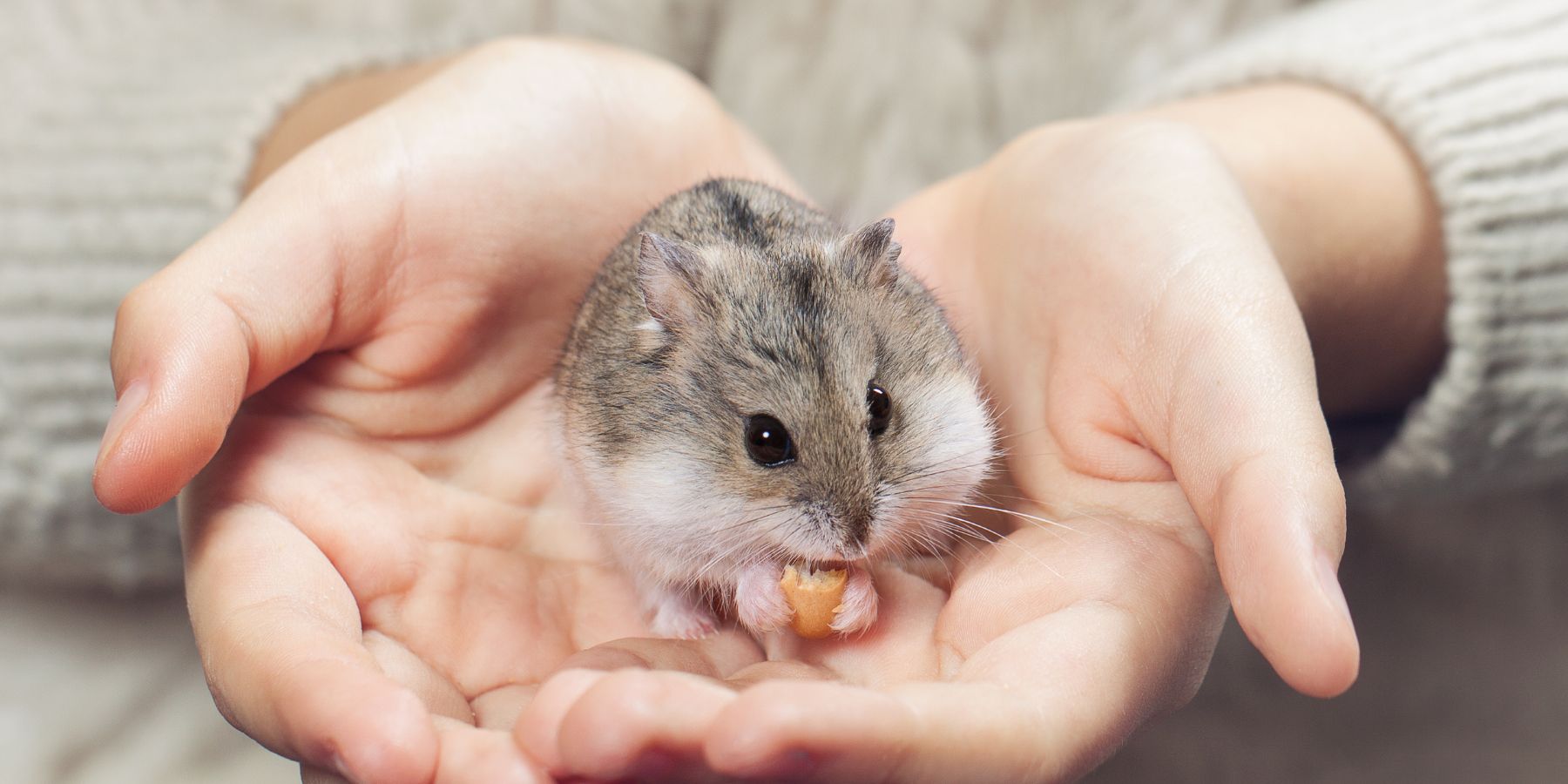Having a hamster as a pet can bring a lot of joy and fun into your life. These small, adorable creatures have their unique needs, and keeping them healthy requires attention and care. From their diet to their living environment, and even being aware of their body changes like hamster testicles, every aspect plays a role in their overall health. Let’s explore simple and effective ways to keep your hamster healthy and happy.
1. Provide a Nutritious Diet
The foundation of good health for your hamster starts with what they eat. Here are some key points:
Balanced Hamster Food
Choose a high-quality hamster food that provides a balanced mix of seeds, grains, and pellets. This should form the majority of their diet.
Fresh Fruits and Vegetables
In moderation, provide fresh fruits and vegetables. Some safe options include carrots, cucumbers, and apples (avoid giving the seeds). Remember, too much fresh produce can lead to digestive problems.
Occasional Protein
Offer a small amount of protein like boiled eggs or cooked chicken once a week. This is especially important for pregnant or nursing female hamsters.
2. Maintain Proper Hygiene
Keeping your hamster’s living environment clean is crucial for preventing disease.
Regular Cage Cleaning
Clean and disinfect their cage weekly. Replace bedding and remove any uneaten food or waste.
Sand Baths
Offer a sand bath to your hamster a few times a week. Sand baths help them clean their fur naturally and can be particularly enjoyable.
3. Ensure Regular Exercise
Hamsters need physical activity to stay fit and prevent obesity.
Exercise Wheel
An exercise wheel in the cage is essential for daily exercise. Ensure it’s the right size and safe for your hamster.
Playtime Outside the Cage
Allow your hamster to explore outside the cage in a hamster-safe area. Supervise them to prevent accidents or escapes.
4. Monitor Health Regularly
Regular health checks are important to catch any issues early.
Look for Signs of Illness
Keep an eye out for signs of illness such as lethargy, loss of appetite, or changes in behavior.
Check Their Body
Part of regular health checks includes observing the body for any changes. For male hamsters, it’s normal for their testicles to be more prominent at certain times, like during warmer weather. However, any significant changes in size, color, or texture in the hamster testicles should be checked by a vet as they can be signs of health issues.
5. Create a Stress-Free Environment
Hamsters can get stressed easily, which can affect their health.
Quiet and Calm Surrounding
Place their cage in a quiet area away from loud noises and disturbances.
Consistent Routine
Hamsters thrive on routine. Try to feed them and clean their cage at the same times each day.
6. Interaction and Bonding
Positive interaction with your hamster can improve their mental health.
Gentle Handling
Handle your hamster gently to build trust. Avoid waking them up suddenly or handling them roughly.
Spend Time With Them
Regular interaction helps your hamster get used to your presence and reduces stress.
7. Avoid Overcrowding
If you have more than one hamster, avoid keeping them in the same cage unless they are a breed known to live well together, like some dwarf hamsters. Overcrowding can lead to stress and aggression.
8. Provide a Nutritious and Safe Environment
Make sure your hamster’s cage has everything they need:
Comfortable Bedding
Use safe, absorbent bedding that they can burrow in.
Chew Toys
Hamsters need to chew to keep their teeth at the right length. Provide safe chew toys or untreated wooden blocks.
Fresh Water
Always have fresh water available in a clean bottle or dish.
Conclusion
Taking care of a hamster involves providing a balanced diet, maintaining hygiene, ensuring regular exercise, and monitoring their health, including being aware of changes like those in hamster testicles. By creating a comfortable living environment and interacting with them regularly, you can help your hamster lead a healthy and happy life. Remember, each hamster is unique, and paying attention to their individual needs is key to providing the best care.
